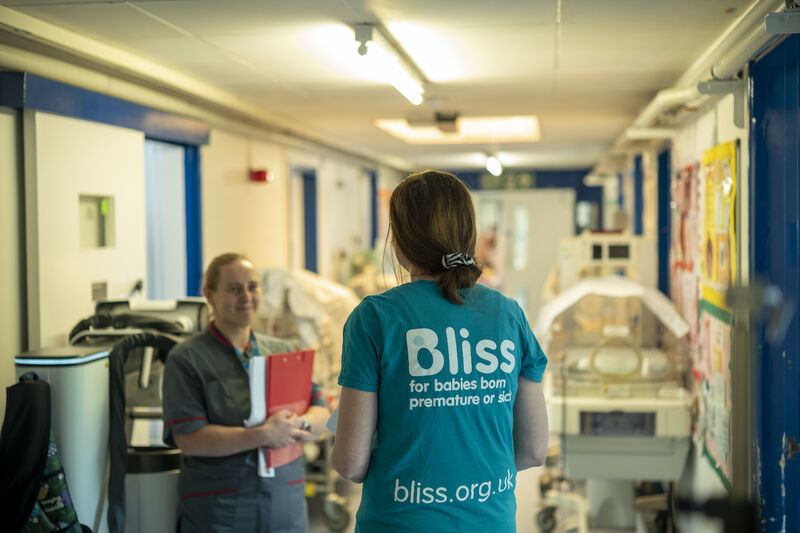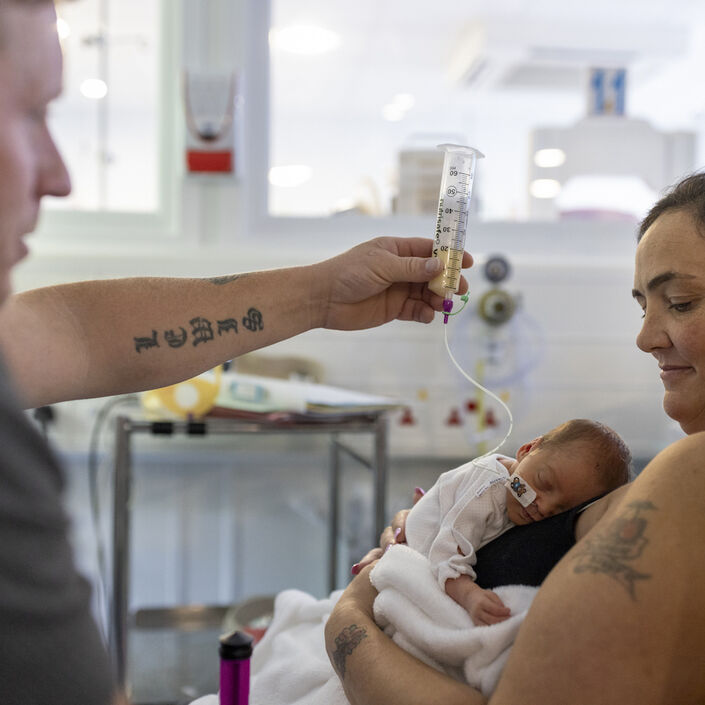What is a culture of FICare?
One of the core aspects of effective delivery of FICare on a neonatal unit is culture. This means that staff have to ‘buy in’ to the culture of FICare, what it means for their role, and how all families should be supported on the unit and post-discharge.
Up until the recent publication of the British Association of Perinatal Medicine FICare framework, FICare had been interpreted in different ways, which has led to inequalities in the level of support received by families. To instil a unified understanding of FICare among staff, it is vital that opportunities to receive relevant training and information are available to staff.
Why is a culture of FICare so important?
Our Parent Advisory Group have emphasised the importance of a consistent culture of FICare being embedded at the unit level. Many parents noted that their experiences differed depending on the staff member who was caring for their baby that day; this led to them being unsure of what they felt they could do for their baby, and lacked confidence to ask for support.
If families are to truly be integrated into the care of their baby and empowered to become the primary caregivers while on the unit, they must receive the same level of support and involvement from all staff they interact with.
FICare culture at Luton and Dunstable Hospital
Embedding a culture of FICare is the first thing that Luton and Dunstable neonatal intensive care unit (NICU), our pilot unit, are addressing. The Unit Steering Group's key concern with trialling FICare was the understanding of this model of care amongst staff.
The unit, which is Bliss Baby Charter accredited, delivers an excellent standard of family-centred care. As the unit seeks to deliver FICare, they wanted to determine what staff knew about FICare and how they viewed their role in delivering this care model. To do this, the Unit Steering Group developed a staff FICare culture survey.
The findings from the culture survey are now informing the unit’s production of FICare training for staff. Some aspects of this training include:
- Awareness of the benefits of FICare for babies and families
- Verbal and non-verbal communication (practiced in scenario workshops)
- Understanding of health inequalities in FICare
Through this training, the unit hopes to facilitate a strong FICare culture across all of its staff members. The content and effectiveness of this training will be shared in a future update once the training has been delivered and evaluated.

